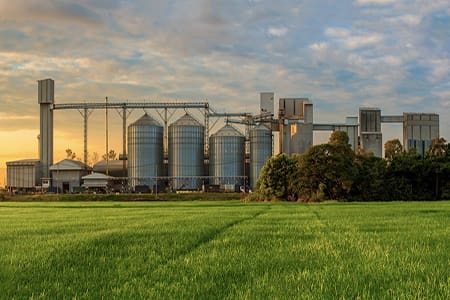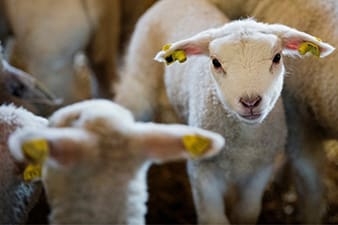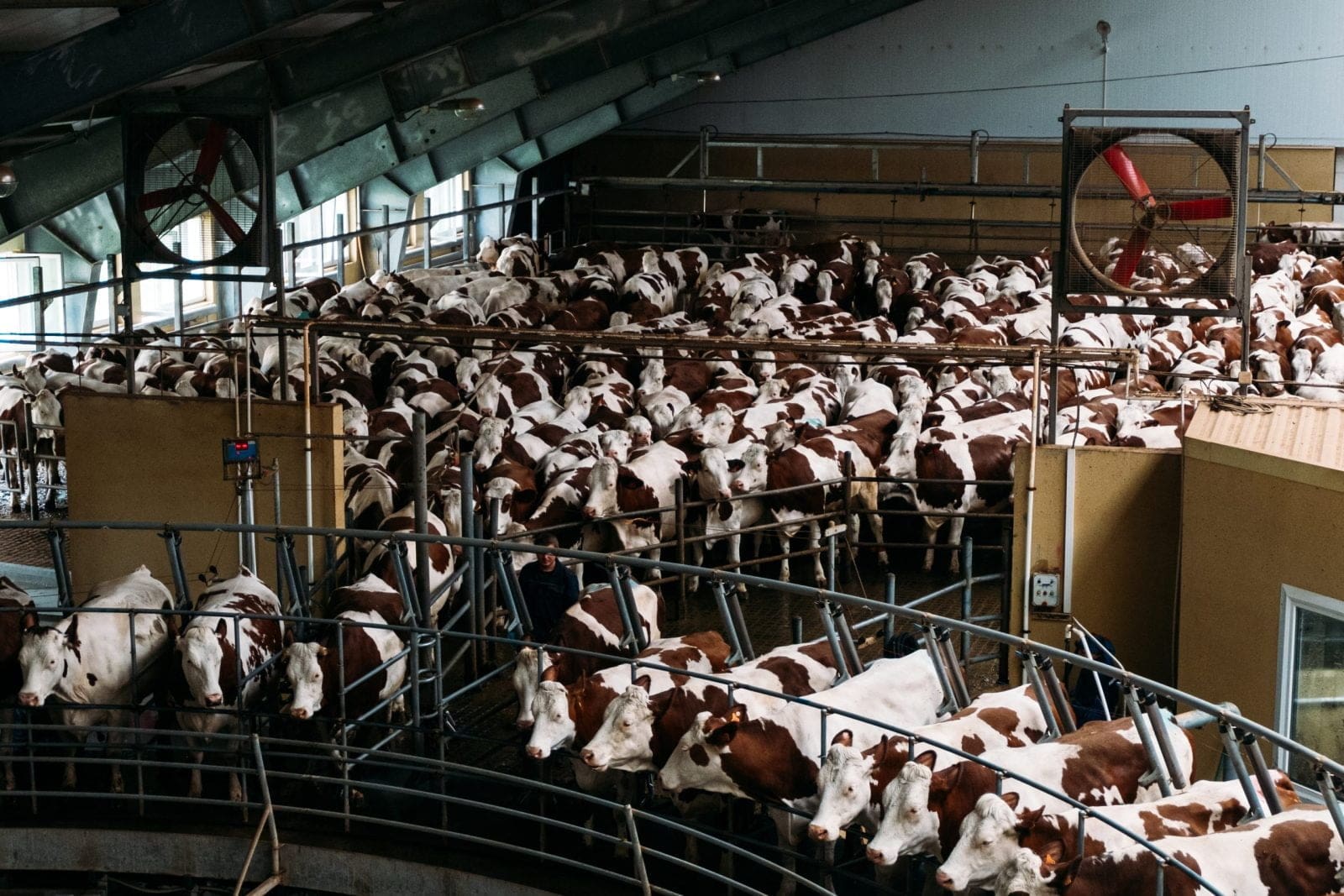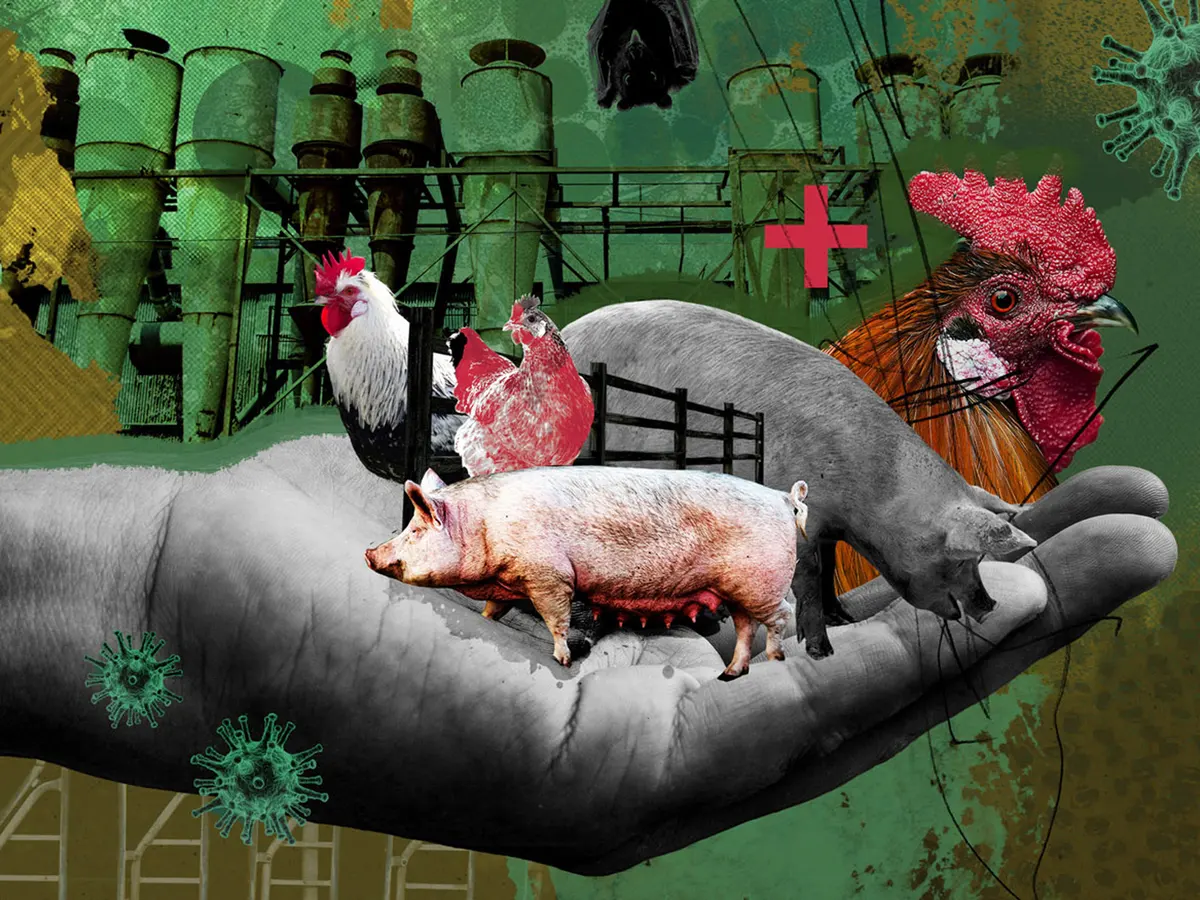This section explores the environmental costs of industrial animal agriculture—costs that are too often hidden behind sanitized packaging and normalized consumption. Here, we reveal the systems that fuel environmental collapse: the mass deforestation of rainforests for pasture and feed crops, the depletion of oceans through industrial fishing, the contamination of rivers and soils by animal waste, and the emission of powerful greenhouse gases like methane and nitrous oxide. These aren’t isolated or accidental outcomes—they are built into the very logic of a system that treats animals as products and the planet as a tool.
From the destruction of biodiversity to the warming of the atmosphere, industrial farming is at the center of our most urgent ecological crises. This category unpacks these layered harms by focusing on three interrelated themes: Environmental Damage, which lays bare the scale of destruction caused by land use, pollution, and habitat loss; Marine Ecosystems, which exposes the devastating impact of overfishing and ocean degradation; and Sustainability and Solutions, which points the way toward plant-based diets, regenerative practices, and systemic change. Through these lenses, we challenge the idea that environmental harm is a necessary cost of progress.
The path forward is not only possible—it is already emerging. By recognizing the deep interconnectedness between our food systems, ecosystems, and moral responsibilities, we can begin to rebuild our relationship with the natural world. This category invites you to explore both the crisis and the solutions, to bear witness and to act. In doing so, we affirm a vision of sustainability not as sacrifice, but as healing; not as limitation, but as liberation—for the Earth, for animals, and for future generations.
The growing shift towards plant-based eating is reshaping how we approach weight loss, with veganism standing out as a highly effective and health-conscious option. By focusing on whole, fibre-packed foods and cutting out calorie-dense animal products, this lifestyle naturally supports weight management while enhancing overall health. Research highlights its ability to lower BMI, improve metabolism, and promote fullness—key factors in achieving sustainable weight loss. Beyond personal benefits, veganism aligns with environmentally friendly practices, making it a win for both your body and the planet. This article explores the science behind plant-based eating for weight loss success while offering practical tips to help you embrace this nourishing lifestyle effortlessly


























































